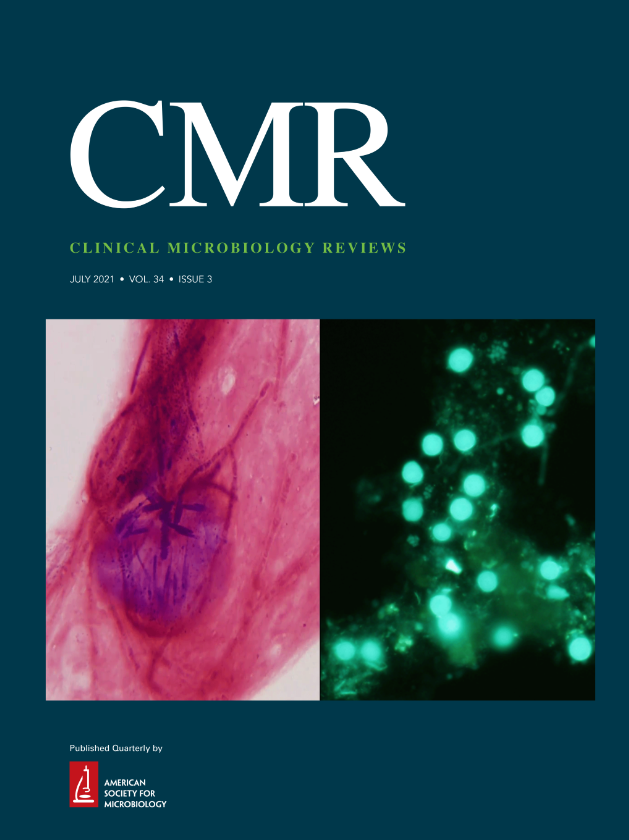细菌衍生代谢物在溃疡性结肠炎发病机制中的研究综述。
IF 19.3
1区 医学
Q1 MICROBIOLOGY
引用次数: 0
摘要
溃疡性结肠炎(UC)的发病机制是异质性的;病因被认为是外部因素,如压力、感染、抗生素和其他药物、饮食,以及内在因素,如遗传易感性。这篇叙述性综述的目的是分析炎症性肠病和溃疡性结肠炎中肠道菌群和细菌衍生代谢物的数据。主要重点是蛋白质水解、糖水解、黏液降解和胆汁酸代谢细菌。哪些类型的代谢物对肠道完整性和患者健康有益?饮食偏好如何引发疾病和引起并发症?微生物组的哪些变化会促进这种疾病?我们考虑什么目标/受体代谢物的作用和他们的生理作用。过去几年积累的关于肠道宏基因组、代谢组和信号传导机制的知识,可能在未来允许在不使用抗生素的情况下,调节肠道微生物组的组成和抑制致病菌群的生长,但由于益生元和益生元,细菌代谢的产物,包括群体感应分子。本文章由计算机程序翻译,如有差异,请以英文原文为准。
Narrative review on bacteria-derived metabolites in the pathogenesis of ulcerative colitis.
SUMMARYThe pathogenesis of ulcerative colitis (UC) is heterogeneous; the causes are considered to be external factors such as stress, infections, antibiotics, and other medications, diet, and intrinsic factors such as genetic predisposition. The aim of this narrative review is to analyze data on intestinal flora and bacteria-derived metabolites in inflammatory bowel diseases and ulcerative colitis in particular. The main focus is on proteolytic, saccharolytic, mucin-degrading, and bile acid-metabolizing bacteria. What types of metabolites are beneficial for intestinal integrity and the patient's health? How can dietary preferences trigger disease and cause complications? What kind of changes in the microbiome promote the disease? We consider what targets/receptors metabolites act on and their physiological role. The knowledge accumulated over the past years on the gut metagenome, metabolome, and signaling mechanisms may allow, in the future, modulating the composition of the intestinal microbiome and suppressing the growth of pathogenic flora without the use of antibiotics, but due to pro- and prebiotics, products of bacterial metabolism, including quorum sensing molecules.
求助全文
通过发布文献求助,成功后即可免费获取论文全文。
去求助
来源期刊

Clinical Microbiology Reviews
医学-微生物学
CiteScore
54.20
自引率
0.50%
发文量
38
期刊介绍:
Clinical Microbiology Reviews (CMR) is a journal that primarily focuses on clinical microbiology and immunology.It aims to provide readers with up-to-date information on the latest developments in these fields.CMR also presents the current state of knowledge in clinical microbiology and immunology.Additionally, the journal offers balanced and thought-provoking perspectives on controversial issues in these areas.
 求助内容:
求助内容: 应助结果提醒方式:
应助结果提醒方式:


